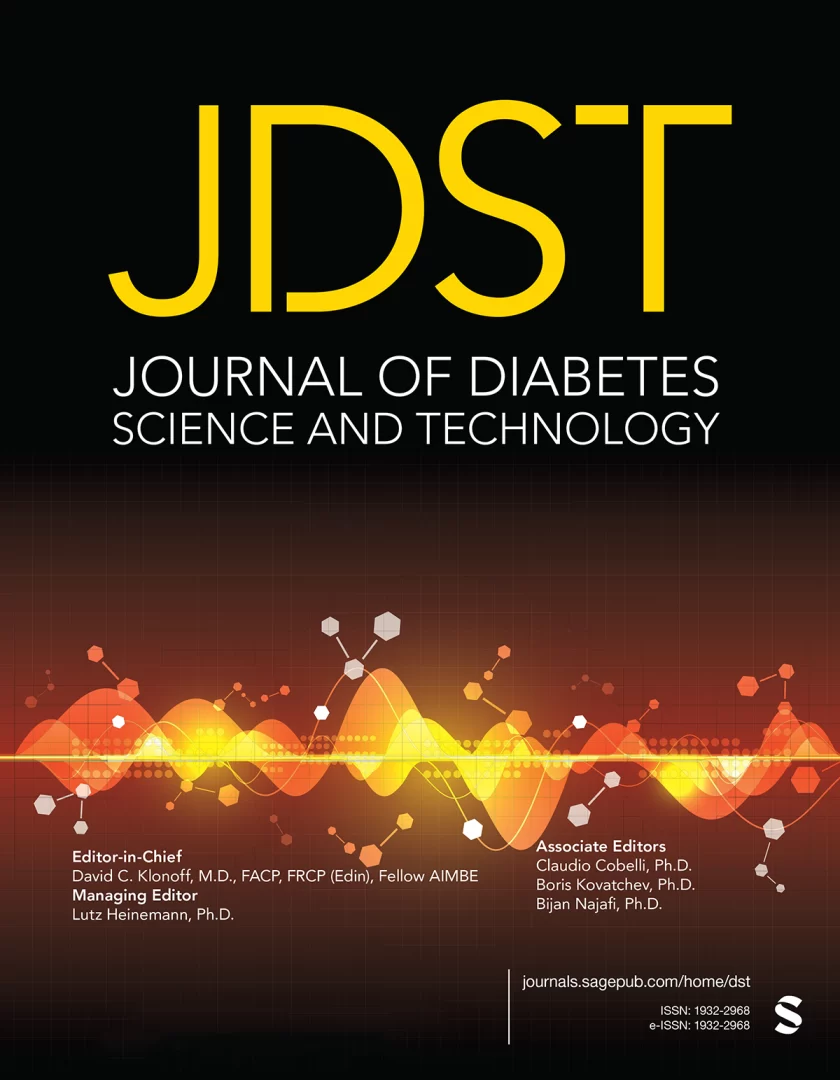ctDNA and Breast Cancer Recurrence Risk

Original Article: https://www.medscape.com/s/viewarticle/ctdna-linked-breast-cancer-recurrence-risk-2024a1000d
Introduction to the Study
Breast cancer is the comments cancer affecting women with 1 in 9 affected over their lifetime. Once treated, a proportion of women are at risk of the cancer returning (a recurrence). A recent study has examined the role of circulating tumor DNA (ctDNA) in predicting the risk of breast cancer recurrence.
Key Findings
- Recurrence Risk: The study found that elevated levels of ctDNA were associated with an increased risk of breast cancer recurrence. Specifically, patients with high ctDNA levels had a 3.5 times greater risk of their cancer returning compared to those with lower ctDNA levels. This suggests that ctDNA could be used to predict the chance of a cancer relapse.
- Predictive Accuracy: ctDNA levels showed a high predictive accuracy for breast cancer recurrence. The study reported that ctDNA testing had an 88% sensitivity in detecting those at risk of recurrence. This means that the test was able to correctly identify 88% of patients who would experience a recurrence, making it a reliable tool for risk assessment.
- Implications for Monitoring and Treatment: The ability to use ctDNA levels to predict recurrence could lead to more personalized monitoring and treatment plans. Patients with high ctDNA levels may benefit from closer follow-up and potentially more aggressive treatment strategies to prevent recurrence. This approach allows for more personalized management based on individual risk factors.
Conclusion
With its high sensitivity and strong correlation with recurrence risk, ctDNA could enhance the ability to identify patients at high risk of cancer returning, leading to more personalized and effective treatment strategies.

